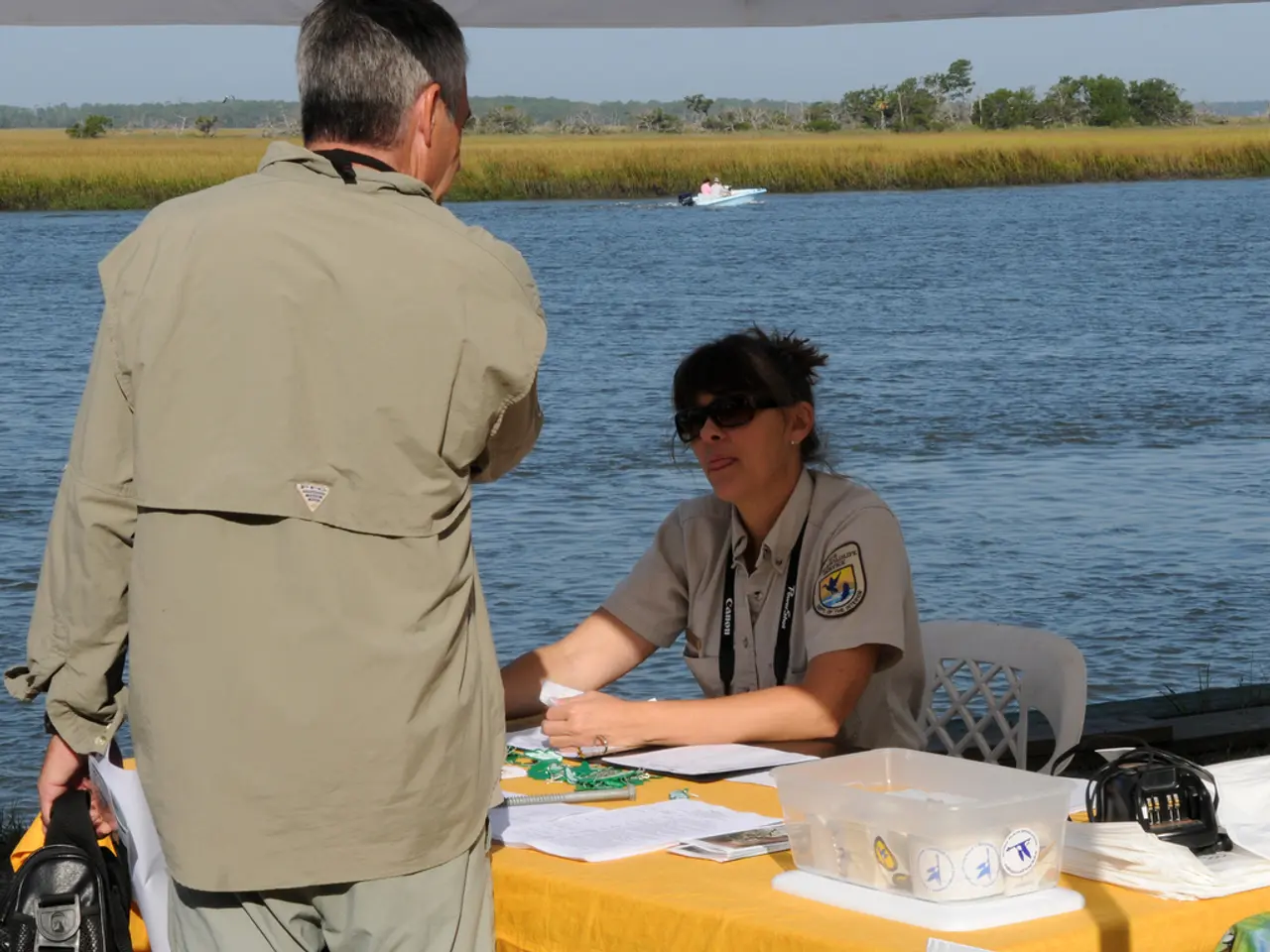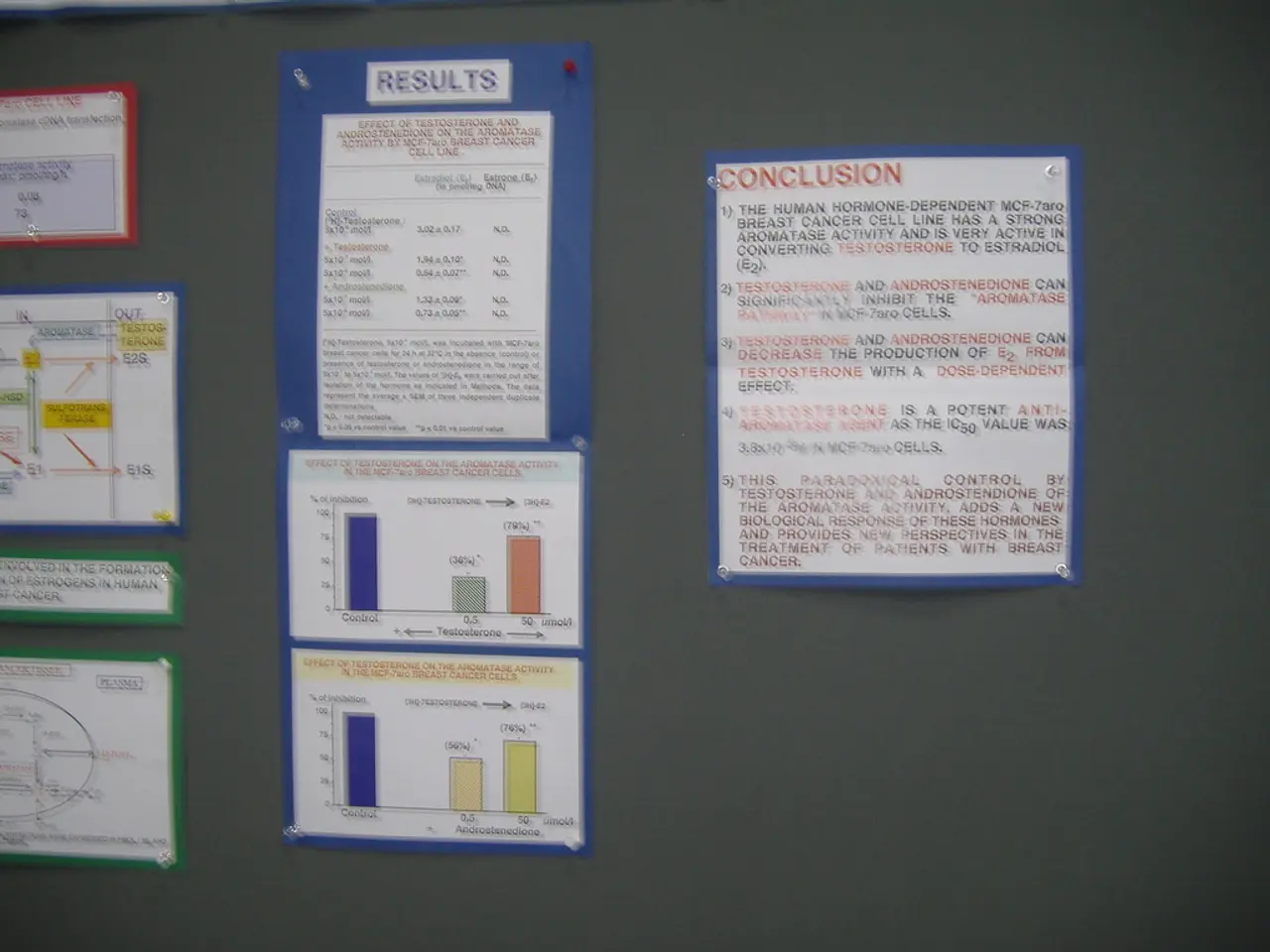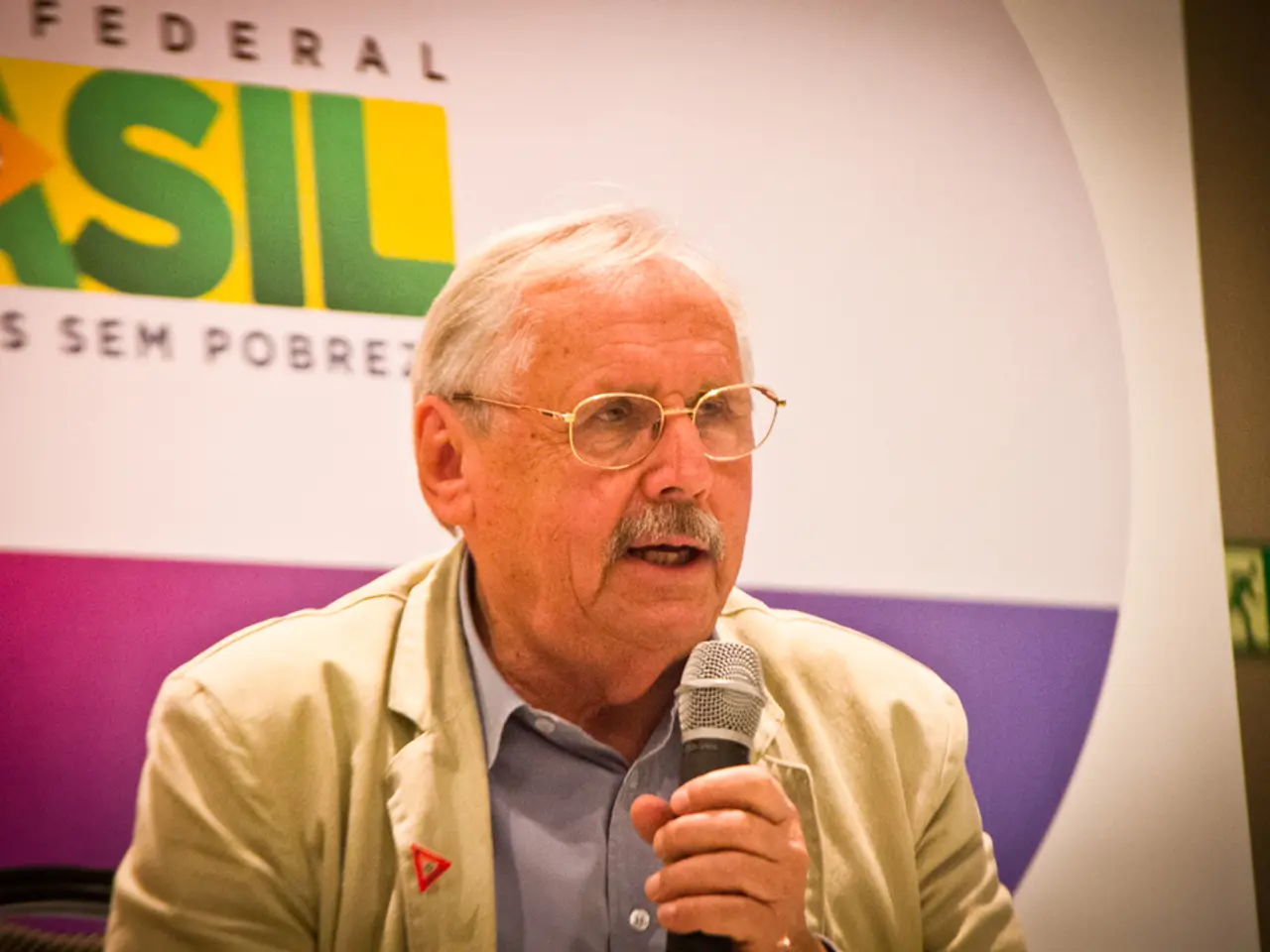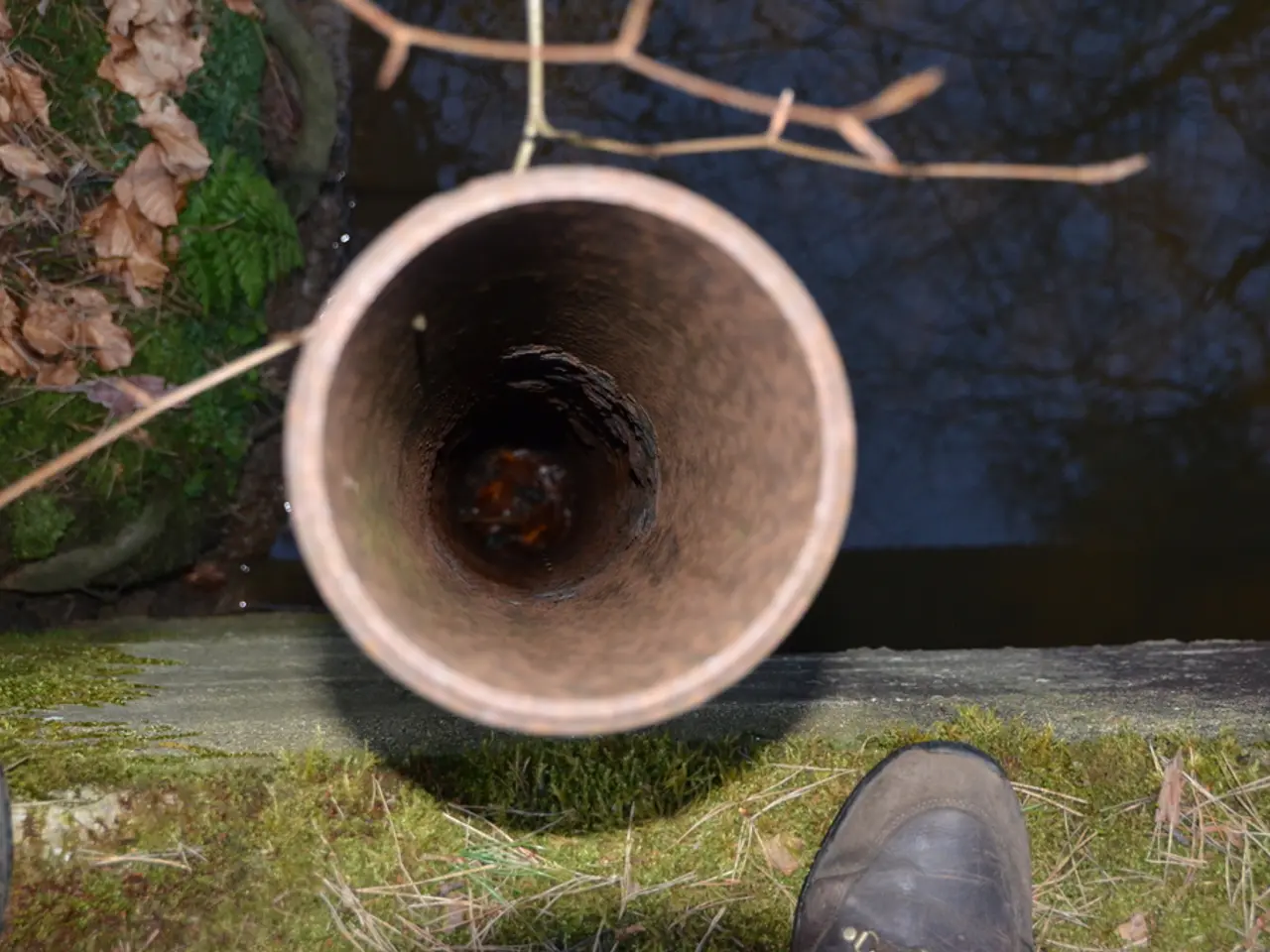European Union renews pledge to pursue peaceful negotiations in Georgia's disputes
The 2008 Russo-Georgian conflict resulted in a brief war after which Russia occupied the Georgian territories of Abkhazia and South Ossetia (Tskhinvali region) and recognized them as independent states, a status widely deemed illegitimate by Georgia and much of the international community [1][2].
As of 2025, the conflict remains unresolved with Russia maintaining military control over these regions, continuing "borderization" policies (illegal boundary demarcations), and grave human rights violations persist against ethnic Georgians still residing in the occupied territories [2].
Regarding the European Union's role in maintaining peace, territorial integrity, and human rights, the EU, alongside Western partners, strongly supports Georgia's territorial integrity within its internationally recognized borders and condemns Russian occupation [2]. The EU has engaged in diplomatic efforts to uphold peace but has no military presence in the occupied regions. Its role focuses on political support, human rights monitoring, and conflict prevention initiatives.
Human rights organizations and the EU often report on abuses in Abkhazia and South Ossetia, advocating for access to these areas and protection of displaced persons and minorities [2]. While the EU acts as a key international partner for Georgia in integration and reform processes, peacekeeping and direct conflict resolution remain dominated by other actors, with Russia effectively excluded due to geopolitical shifts noted since 2022 [1].
The EU Monitoring Mission (EUMM) plays a key role in maintaining security in Georgia. The EUMM is the only international presence on the ground in Georgia, working to monitor the situation and facilitate dialogue between the parties involved [2].
Moreover, the EU urges full respect for the right to voluntary and safe return of displaced persons. The EU Spokesperson emphasized the bloc's continued commitment to a peaceful resolution of the conflicts in Georgia and remains engaged in the Geneva International Discussions and as the EU Special Representative for the South Caucasus.
In summary, Russia retains effective control over Abkhazia and South Ossetia since 2008, with ongoing military occupation and human rights abuses. The European Union continues to uphold Georgia’s sovereignty claims and supports human rights but has limited ability to enforce peace on the ground, primarily working through diplomatic and humanitarian channels [1][2]. Recent geopolitical trends have diminished Russian influence in the broader region, yet the status quo in these Georgian territories remains frozen and tense [1].
Politics surrounding war-and-conflicts in Georgia persist, with the European Union sharply criticizing Russia's occupation of Abkhazia and South Ossetia regions. The general news frequently highlights human rights violations and the EU's ongoing commitment to promoting a peaceful resolution, advocating for displaced persons' safe and voluntary return, and upholding Georgia's territorial integrity within internationally recognized borders.







